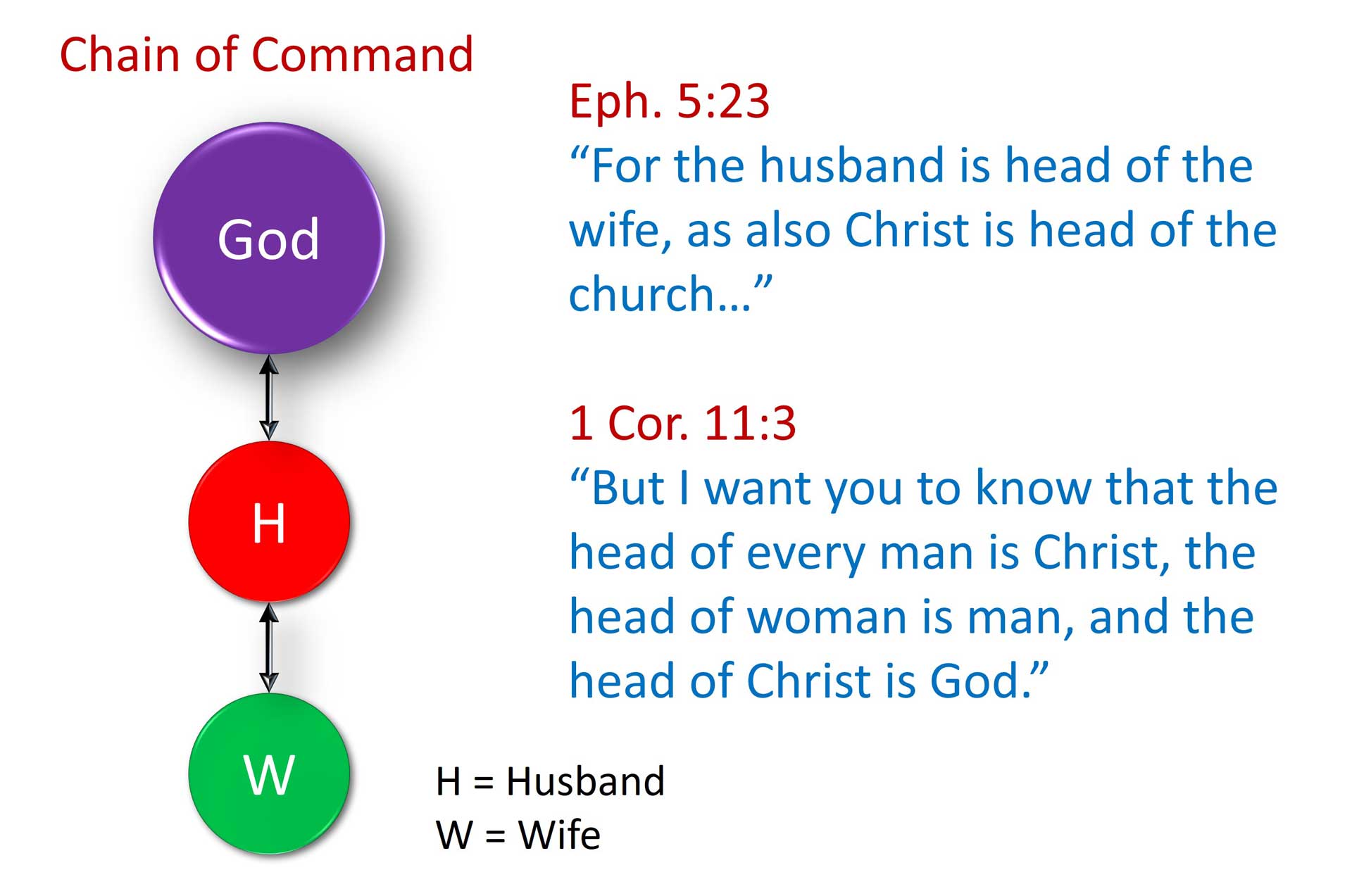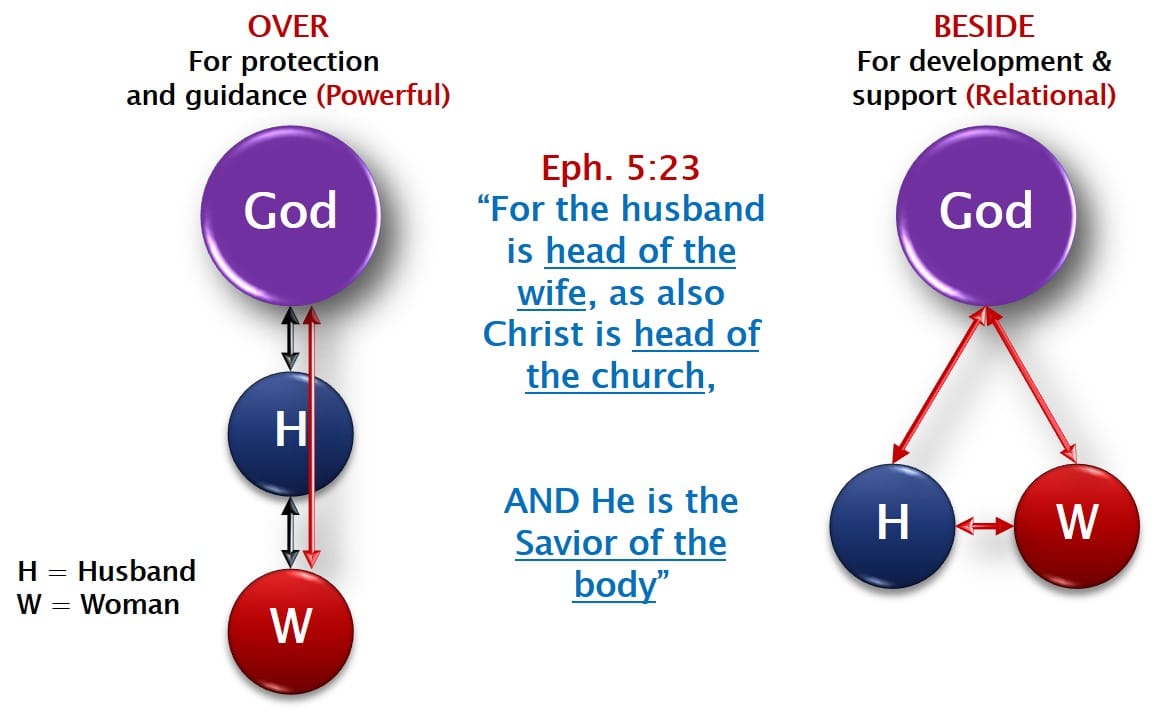Leadership Encourages Freedom Not Control
Podcast: Play in new window | Download (Duration: 30:01 — 27.6MB)
Click to Subscribe: Apple Podcasts | Spotify | iHeartRadio | TuneIn | RSS | More
Podcast: Play in new window | Download (Duration: 30:01 — 27.6MB)
Click to Subscribe: Apple Podcasts | Spotify | iHeartRadio | TuneIn | RSS | More
Leadership is different from what you might think it is. Done correctly, leadership encourages freedom, is gentle, and serves others. Most people have the stereotype of leaders needing to be "large and in charge." While some good leaders are that way, that is not what makes them good or even great (GR8!).
When you use the word “authority,” it can mean
Even though each definition is primarily positive, do you view authority as positive? For most people, the answer is no. Authority is constantly misused, creating an image of harshness or abuse. It is also misused when seen as a person, meaning the person in charge. Finally, it is misused when someone with authority minimizes everyone’s freedom except their own.
Most leaders worldwide misuse God’s authority (Romans 13) and assume they are the authority. But they, like you, are not the authority. You are only a channel of authority, a steward of the authority God has given to you. There is no other authority other than God. But God uses good and bad people as channels of His authority.
So before going further, let’s define authority, understand how God sees authority, and look at the biblical example of the Apostle Paul as a channel of God’s authority.
The Greek word for authority is exousia. It indicates “freedom of choice.” A person with significant authority has the maximum freedom of choice. On the other hand, the one under authority most often has their freedom limited.
That is how it works in the world, but that is not how God wants His authority used by you—His channel of authority. Since God is the only authority, look at how He used His authority with us.
Galatians 5:1 (NKJV)—Stand fast therefore in the liberty by which Christ has made us free, and do not be entangled again with a yoke of bondage.
See it? God used His authority through the death of Jesus Christ, the Son, to set us FREE! That means the example God set for us as channels of His authority is to use His authority to provide freedom, not control.
Leadership encourages freedom! Authority is NOT about “ME,” not about your position or power. It promotes, even creates, freedom of choice for those you lead and others around you. That does not mean there are no boundaries or consequences for people who do not follow the rules. When used correctly, authority allows people to cross boundaries and experience the consequences, just as God deals with you.
Control does work; you know that because you have done it. However, the control works mainly in the short term, relying on fear as its primary mechanism. If you can maintain fear in people, you can control them until they are brave enough to fight back or rebel. But control fails to create self-governance. It may create compliance, but not much more. Control gets people to comply with the minimum requirements, but they do not pursue excellence. Leadership encourages freedom, which provides the best path toward excellence.
Control completely misunderstands how God wants you to use His authority. God gave you freedom and wants you to be transformed (2 Peter 1:5). Following Him produces the fruit of the Spirit (Galatians 5:22), which includes self-control, not external control.
When you accept your role as the channel of authority, you can focus on valuing and developing people instead of using your authority to control people.
Do you value people? Are you focused on developing them like the Apostle Paul?
2 Corinthians 10:8 (NKJV)—…our authority, which the Lord gave us for edification and not for your destruction.
2 Corinthians 13:10 (NKJV) ...the authority which the Lord has given me for edification and not for destruction.
Paul’s example is so good to follow because he used power, but it was God’s, not his power. He followed the “power from the outside, not the inside” principle (more on this later). That frees you to relate to others appropriately. You do not just try to “get along” because the POWER of God shares the truth (power) in love (relate)—Ephesians 4:15.
When you think leading is about control, you will try to use God’s Word to support your power or desire to control. That means you will probably misuse the following verses and graphs. (The graphic is for marriage, but the principles apply to leading and discipling.)
Ephesians 5:23 (NKJV)—For the husband is head of the wife, as also Christ is head of the church…
1 Corinthians 11:3 (NKJV)—But I want you to know that the
head of every man is Christ, the head of woman is man,
and the head of Christ is God.
Perception of Authority

Reality of Authority

The reality is that God’s image involves both Power and Relating. Yes, Ephesians 5:23 is entirely true, but what is his purpose as the head? What is the purpose of the leader being the leader?
That means using power FOR the benefit of the wife and followers. That is true of Jesus. He is the All-Powerful God, AND He is our Savior! Powerful and Relational. He uses His power FOR us, not Himself.
So, a summary of the graphics is:
Session expired
Please log in again. The login page will open in a new tab. After logging in you can close it and return to this page.